-
Critic's Rating - 9/109/10
“This is the last message from Saigon station. We tend to fight the next war in the same way we fought the last one. We are prisoners of our own experience. And many of the things that we learned that worked in WW 2, were not applicable to the war in Vietnam. War is a real estate business. We’re supposed to take real estate away from the enemy and then deny the enemy access to that real estate. It has been a long fight and we have lost. Those who fail to learn from history are forced to repeat it. Let us hope that we will not have another Vietnam experience and that we have learned our lesson. Saigon signing off.”
Streaming on Netflix, The Vietnam War is a 10-episodes, 18-hours long phenomenal, expansive & intricately detailed documentary work focussing specifically on the 30 years of the Vietnam chapter, running from the end of the second world war in 1945 to the end of the Vietnam War in 1975. The narration is neither biased nor supports anyone’s propaganda. It’s an honest portrayal of events & turn of tides from both ends. Directed by veteran Ken Burns and Lynn Novick, well known for other war-based documentary series like The Civil War (1990), The War (2007).
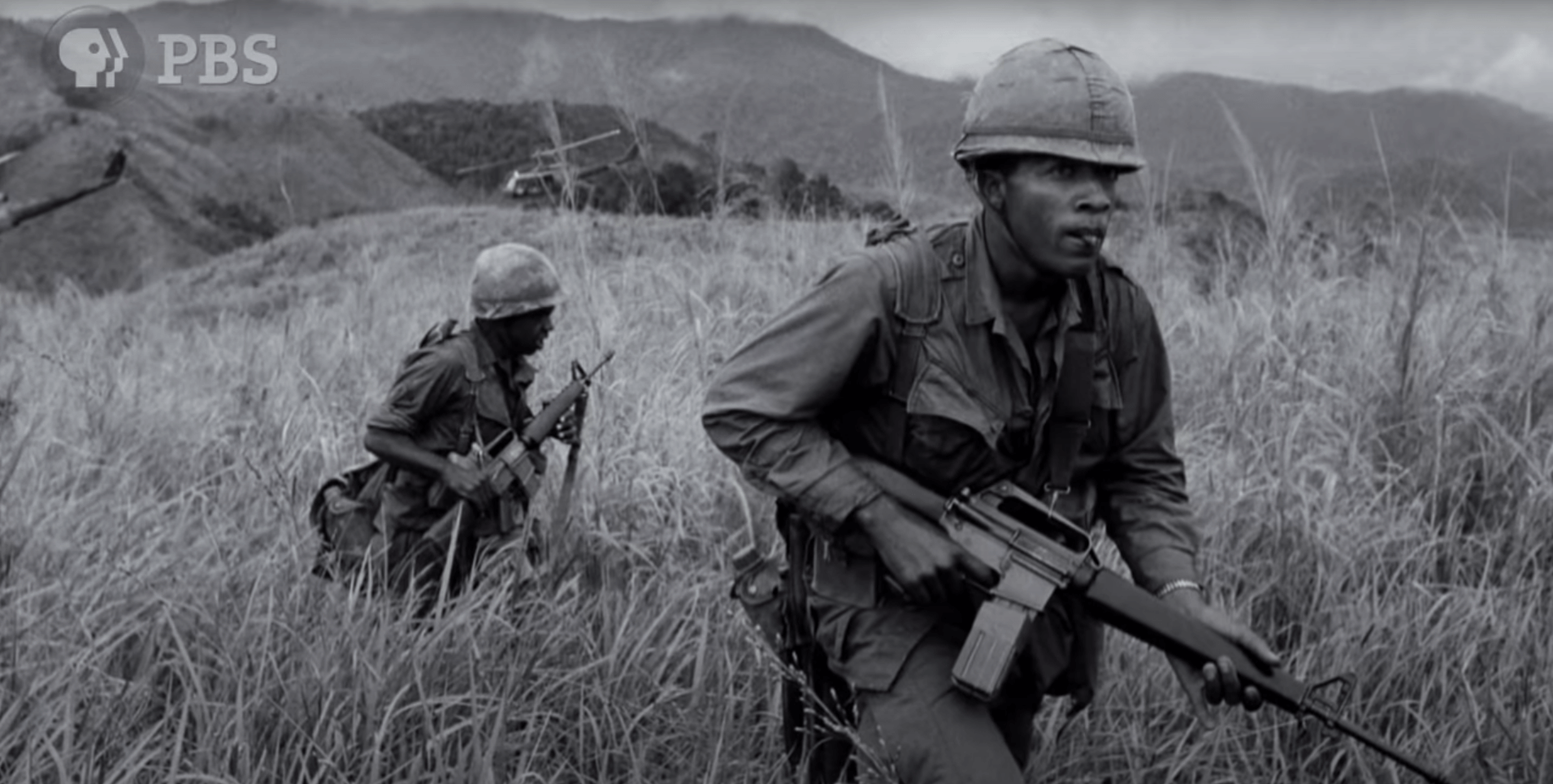
Peter Coyote serves primarily as the narrator. The intent of the series is not limited only to the tactical advances shaped by both the belligerents during the war, but it also covers the evolution of geopolitics in a very catchy manner. This helps to not only spike up viewers’ interest but as well to understand the whole strategic shift over a period of time in a multifaceted manner.
In a chronological order, yet at multiple fronts, the series unfolds chapter-based stories. These chapters are divided by the political paradigm majorly from the viewpoint of the US. After the end of WW2, a new kind of struggle came into the picture: the Cold War, an unconventional war. The world was divided into the two blocs and each country was either racing or forced upon to join one or the other. Being surrounded by communist China, Russia, a threat loomed when the leader of Vietnam, Ho Chi Minh planned to unite the country under the umbrella of communism. What the US & its Western Allies feared was the fallout of the Domino Theory – if Vietnam surrenders to communism, then so will the neighboring Laos, Cambodia, Myanmar, Thailand, and so on. Vietnam kicked-off guerrilla warfare and semi-planned battles against its French Imperialists to form its own government. The French were soon outgunned creating a vacuum for power. Meanwhile, the US, initially reluctant to join, found itself in a position “to contain the spread of international communism” thereby leading to American intervention. This inevitable madness from both ends gradually escalated and the situation spiraled out of control.
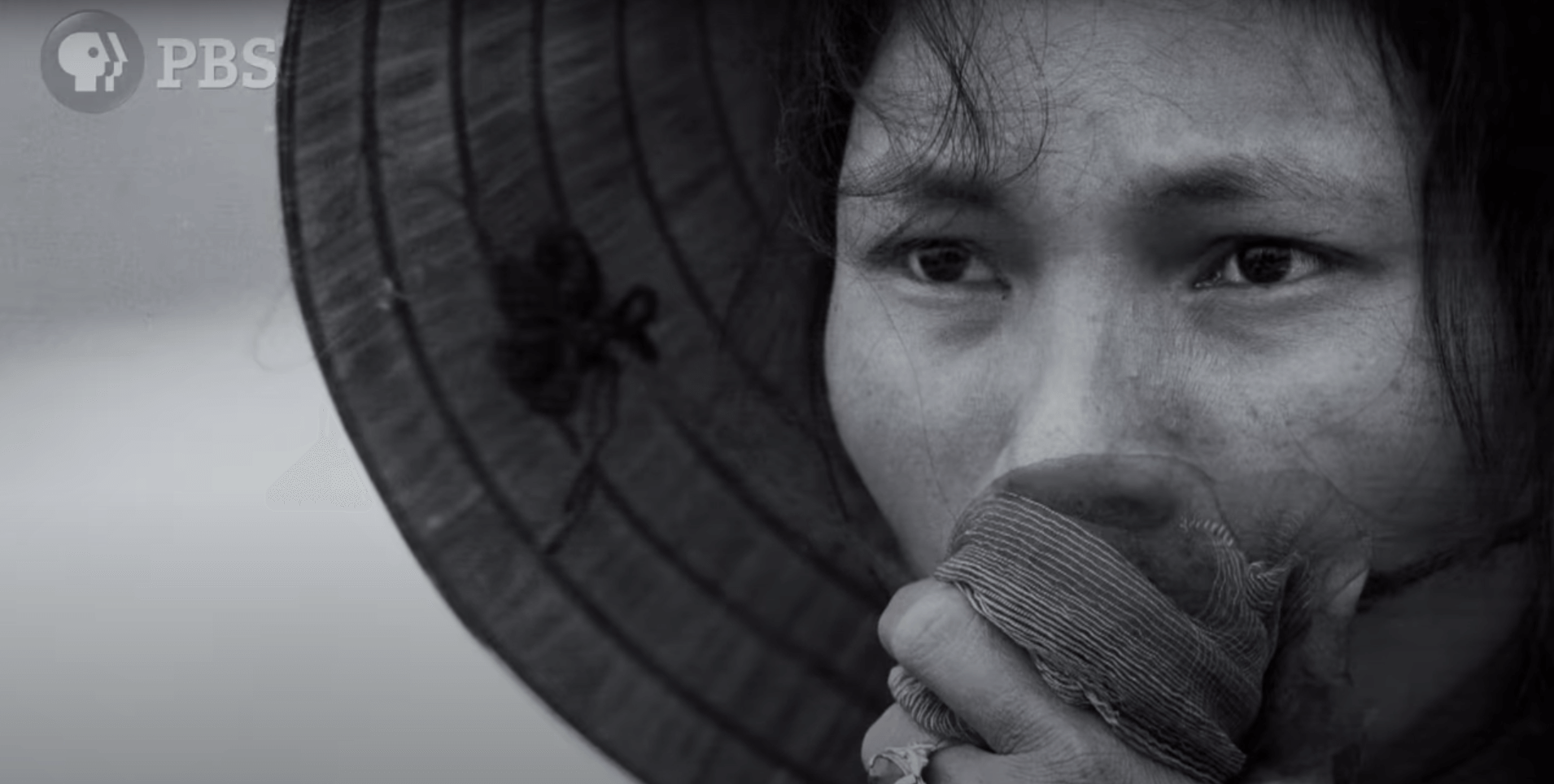
The battlefield visuals are grotesque & surreal inducing a sense of psychological impulse. The world is very much aware of the atrocities & the war crimes committed by both belligerents during the time period. Various attributes of the Vietnam War have been covered from the strategic & tactical side – Agent Orange, Napalm bombs, Operation Rolling Thunder’s carpet bombing, Tet Offensive, Easter Offensive, Christmas Bombing, the tactical pursuit to capture hill tops. At home, in the US, major cultural, social & economic changes were taking place: civil rights movement, assassinations, racism, antiwar protest which divided the country for the first time since the Civil War two centuries back, Pentagon papers leak exposing lies of government, Watergate scandal, hippie culture, PTSD, veterans’ movement denouncing their medals & questioning the authenticity/legality of war & their actions in Vietnam. The show does a brilliant job as they reflect what America thinks & acts on.

The show succeeds in drilling down to the very reasons as to why even the Vietnam episode happened. It did not punish anyone, yet the interviewers & narrators gave a sense of what was right & wrong. Was it a wrong judgment which the US took? Did the US fail to study Viet Cong/Hanoi/Ho Chi Minh’s farsighted strategy? Did the US even consider this as a non-communist threat? Did South Vietnam fail to gather the support and present itself as an honest & strong government? Did the allies fail to “pacify & unite” the countryside for their cause? Did the US lie bluntly to its people about the war? Did the US plan Vietnam as a conventional war (just like the world wars, the Korean war)? Did the CIA fail to gauge the magnitude of the enemy’s forces before every battle? Was it both: a tactical & strategic failure for the West as a whole?. The series intrigues & holds various US administrations (Truman, Eisenhower, JFK, LBJ, Nixon, Ford) accountable. It opened a way for the media to serve as the fourth pillar for democracy, it heavily criticized not only the US participation in the war but as well as its inability to handle the Vietnam war which soon became the US’ writings on the wall. How America tackled Vietnam was felt on the streets in her own home through the massively polarized anti-war movements which induced shame to the US government. It was a reflection of its own doing. It had wished to be the savior of the world’s democracy and Vietnam came as an unforgettable lesson. It had cost the US heavily: financially, psychologically & militarily.
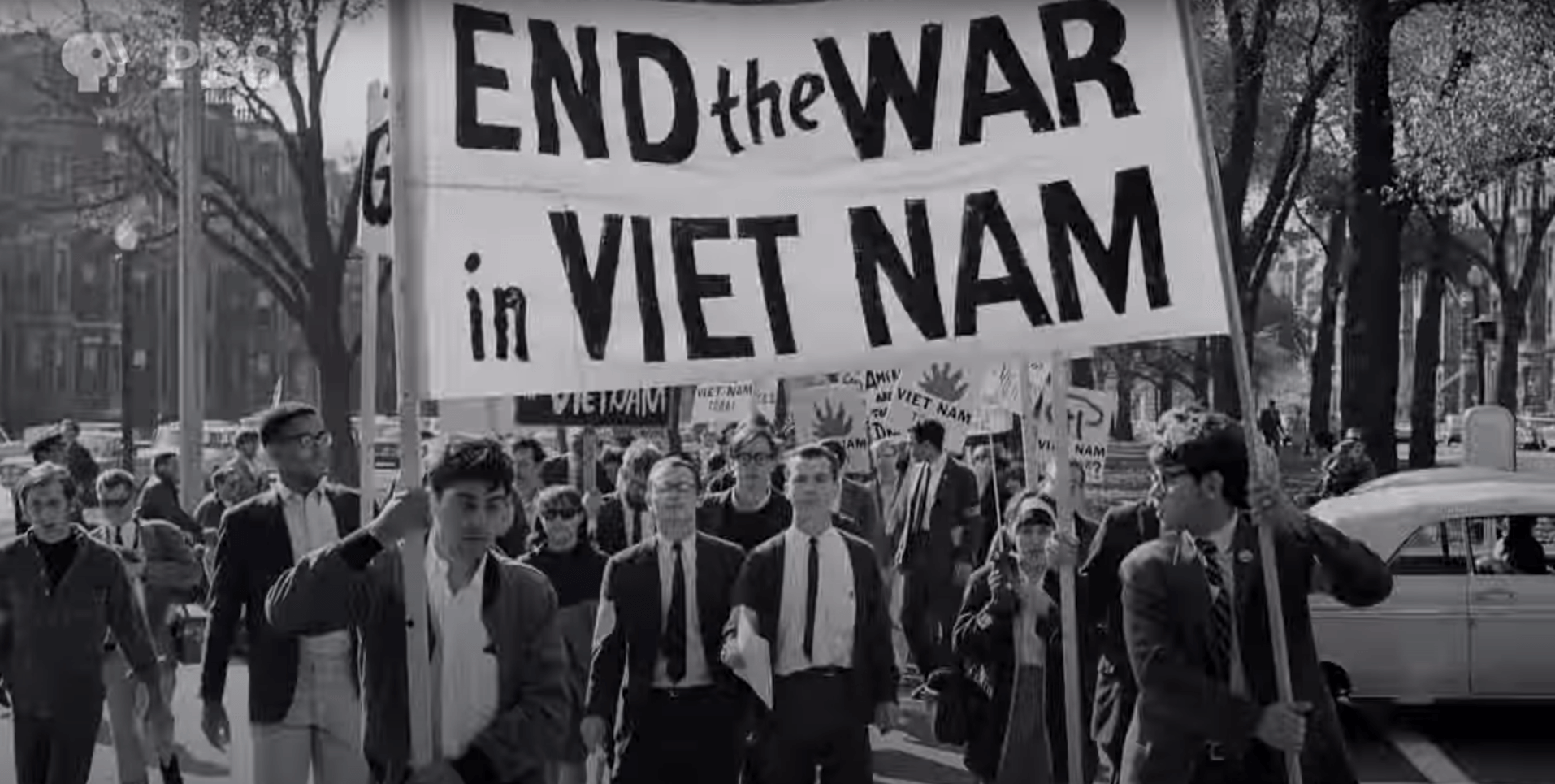
The ending might be soft & tender but it does not let one forget the horror of war, as one Marine puts it “War awakens the savagery in people”. It changed Vietnam socially, politically & economically. The 30-years long war may have lasted but it would take another 20 years for the relationship to slowly start warming-up with the US. Also, if one has seen Vietnam based war movies, the show covers plot points of various movies such as Last Days In Vietnam, The Post, Hamburger Hill, We Were Soldiers, Born On The Fourth Of July, Hacksaw Ridge, and obviously, the madness of Apocalypse Now and Full Metal Jacket was evident the way it impacted everyone. The intensity can be felt when it is said: “Every house became a battlefield.”
You may also like : Ozark Season 3 review | Netflix Series | Ozark returns with yet another impressive season
The Vietnam War is a painful, brutal, devastating, intimate, unforgettable, masterful work emphasizing one of the biggest blunders, the darkest moments of humanity and the obsession with war as a tool in the tussle between the Capitalist West & the Communist East.


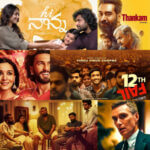





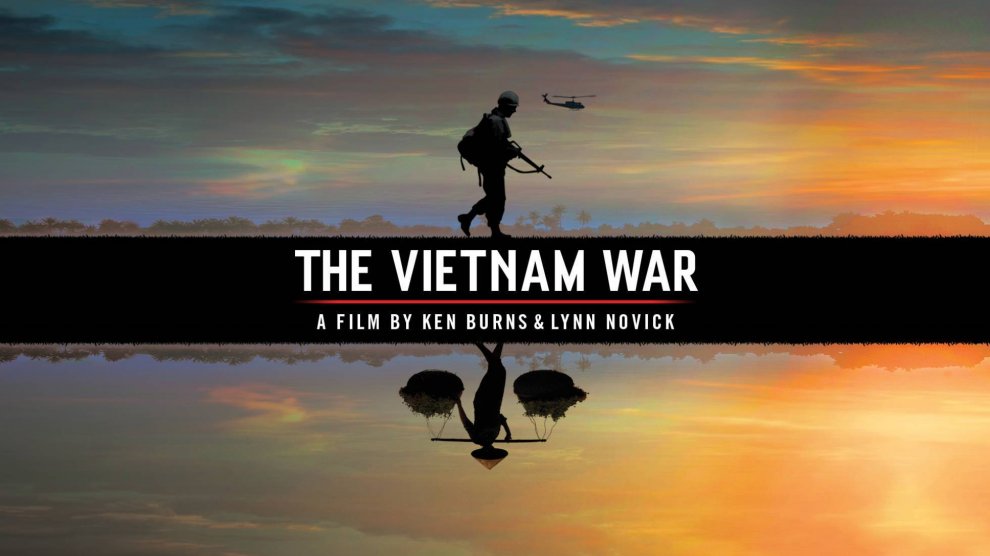

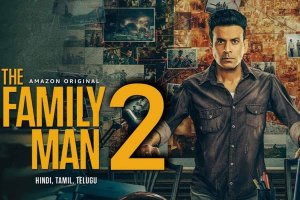




Add Comment